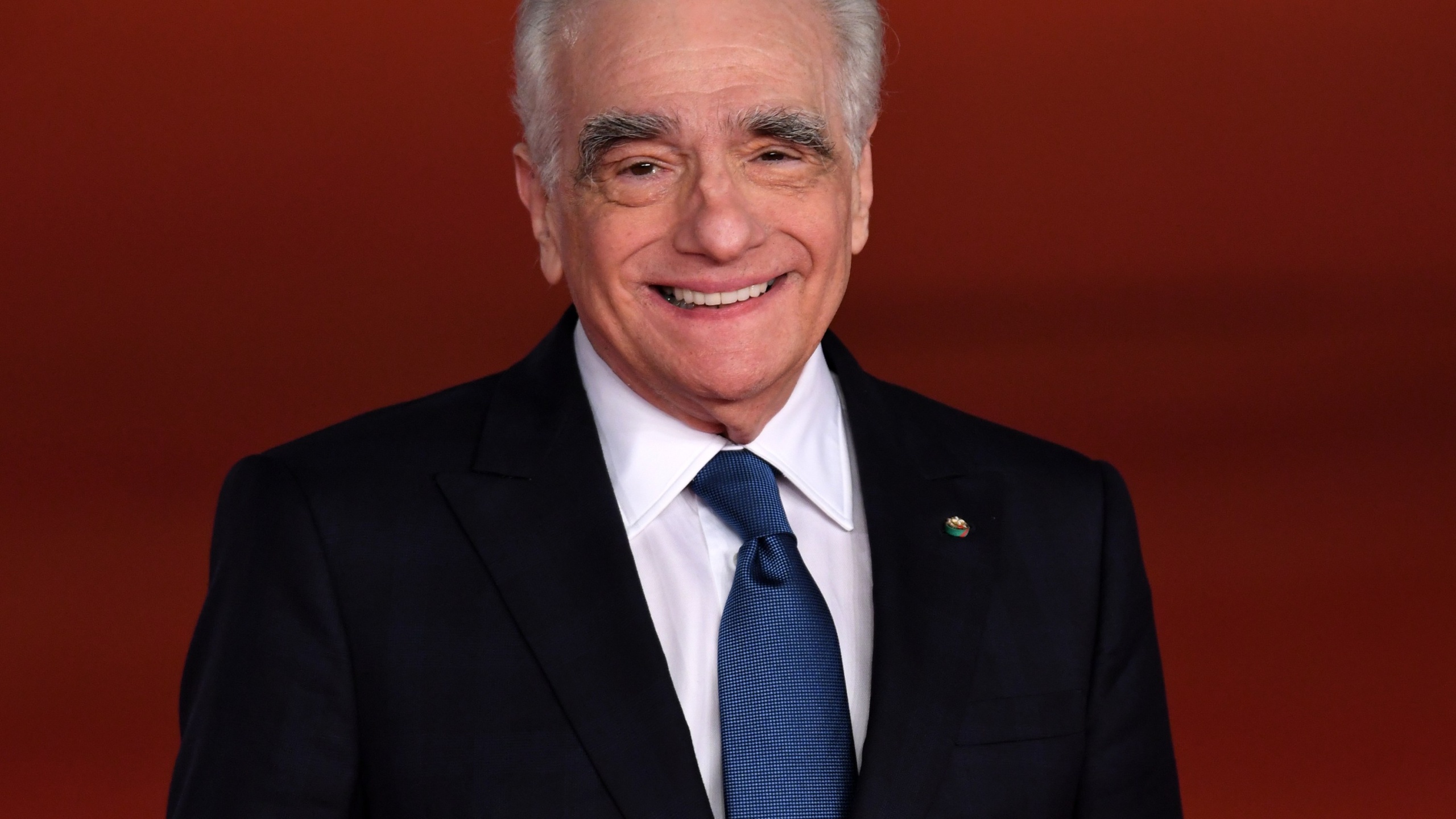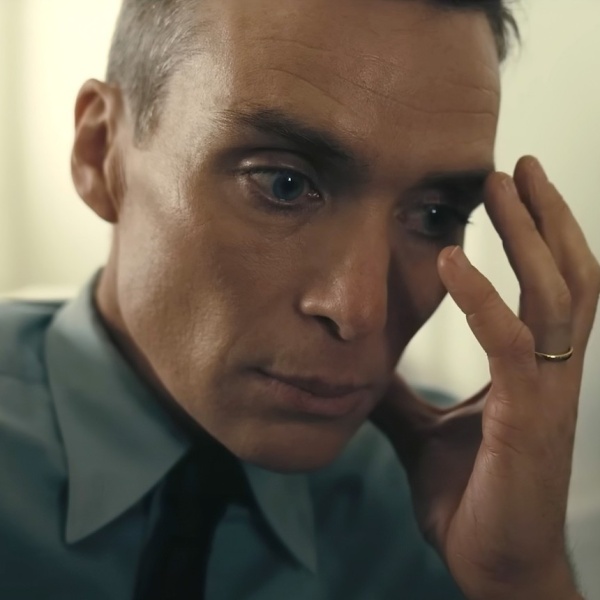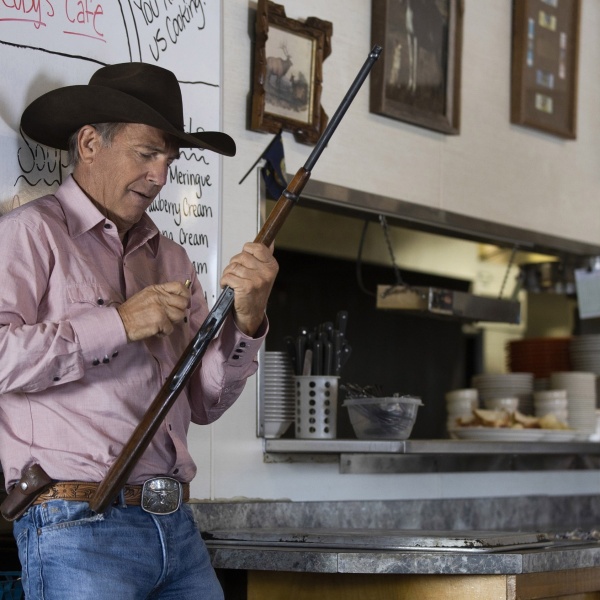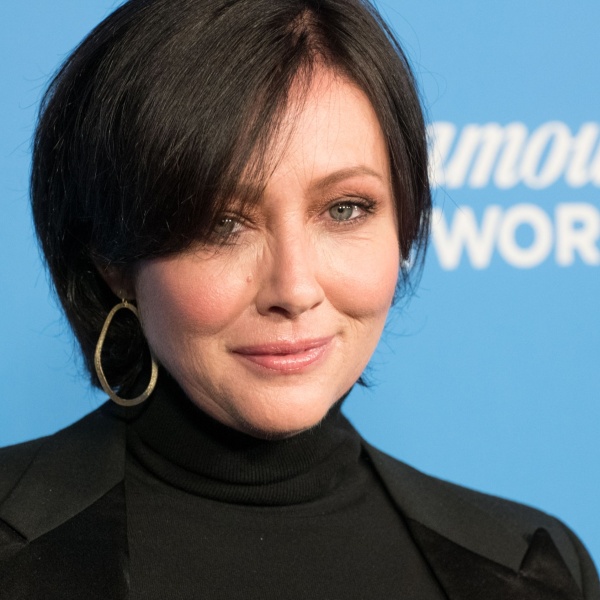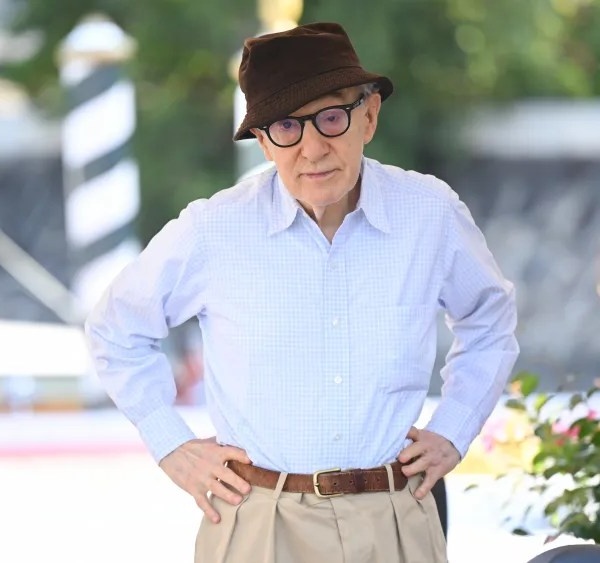Martin Scorsese is crediting fellow filmmakers like Christopher Nolan and the Safdie brothers for combating the rise of comic book movies, including Marvel and DC.
Scorsese has made his disdain for superhero movies known for years, infamously calling Marvel movies “theme parks” that are “not cinema.” In a new GQ cover story, the “Killers of the Flower Moon” filmmaker pointed to directors who are beacons of modern cinema that can hopefully “save” Hollywood amid the rise of content.
“The danger there is what it’s doing to our culture, because there are going to be generations now that think movies are only those — that’s what movies are,” Scorsese said of superhero content.
He added, “They already think that, which means that we have to then fight back stronger. And it’s got to come from the grassroots level. It’s gotta come from the filmmakers themselves. And you’ll have, you know, the Safdie brothers, and you’ll have Chris Nolan, you know what I mean? And hit ’em from all sides. Hit ’em from all sides, and don’t give up. Let’s see what you got. Go out there and do it. Go reinvent. Don’t complain about it. But it’s true, because we’ve got to save cinema.”
Scorsese continued, “I do think that the manufactured content isn’t really cinema. It’s almost like AI making a film. And that doesn’t mean that you don’t have incredible directors and special effects people doing beautiful artwork. But what does it mean? What do these films, what will it give you? Aside from a kind of consummation of something and then eliminating it from your mind, your whole body, you know? So what is it giving you? […] You gotta say something with a movie. Otherwise, what’s the point of making it? You’ve got to be saying something.”
Scorsese admitted that Hollywood and the studio system have vastly changed since when he started making films more than a half-century ago.
“Well, the industry is over,” Scorsese said. “In other words, the industry that I was part of, we’re talking almost, what, 50 years ago? It’s like saying to somebody in 1970 who made silent films, what do you think’s happened?”
The “Departed” director explained that studios are not “interested any longer in supporting individual voices that express their personal feelings or their personal thoughts and personal ideas and feelings on a big budget. And what’s happened now is that they’ve pigeonholed it to what they call indies.”
